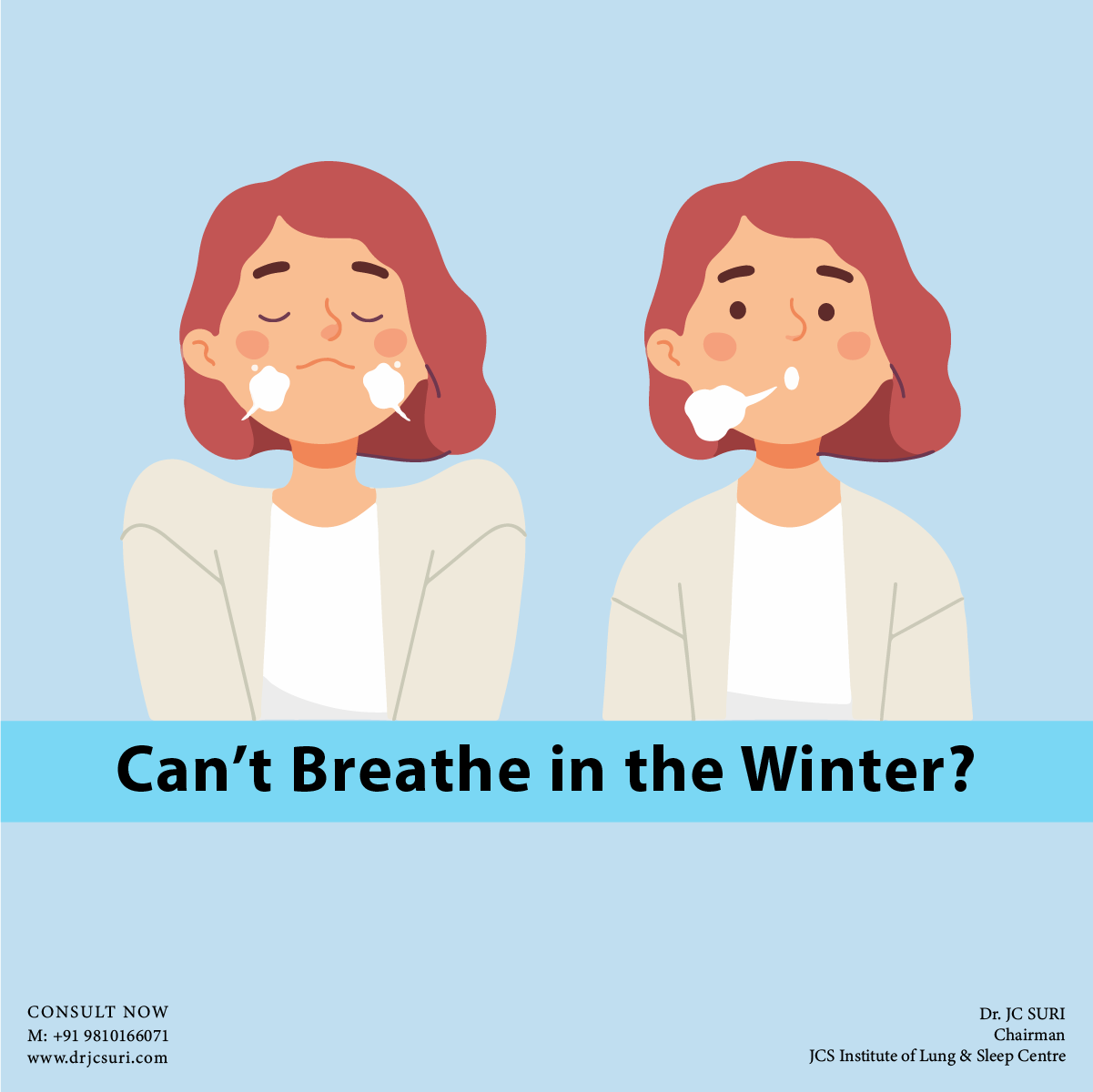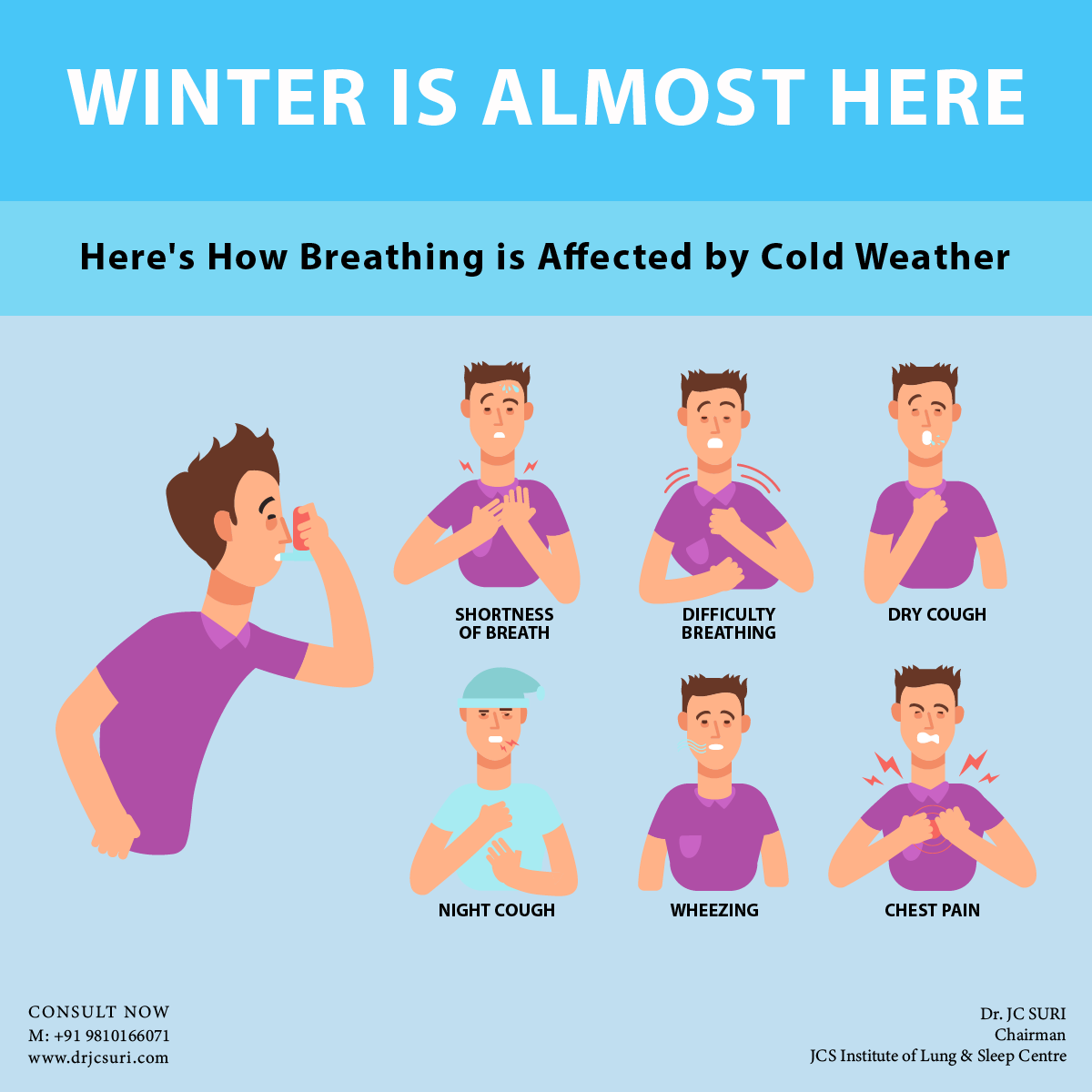Breathing Difficulty: Signs You Should Schedule a Pulmonologist Appointment
Breathing is fundamental to everyday life, and any disruption in this vital function can be both alarming and potentially life-threatening. If you experience breathing difficulties, it’s crucial to take it seriously and seek medical attention immediately. In such cases, consulting a pulmonologist — a specialist in respiratory conditions — is often the best course of action. This article will explore the key signs that indicate when it’s time to see a pulmonologist, and highlight the importance of timely intervention.

Understanding Breathing Difficulties
Breathing problems can manifest in various ways, such as shortness of breath, wheezing, coughing, or a feeling of tightness in the chest. These symptoms may stem from underlying conditions like asthma, chronic obstructive pulmonary disease (COPD), lung infections, or even heart-related issues. Ignoring these signs can lead to the progression of the disease and, in some cases, result in life-threatening complications.
When to Consult a Pulmonologist: Key Signs to Watch for
When it comes to respiratory issues, acting swiftly and consulting an experienced pulmonologist in Delhi is crucial. Below is a comprehensive guide to the symptoms that warrant prompt attention and an appointment with a pulmonologist:
. Persistent Shortness of Breath:
Shortness of breath, or dyspnea, is a common symptom of various respiratory disorders. If you struggle to catch your breath even during routine activities like walking or climbing stairs, it could indicate a serious underlying issue. Conditions such as asthma, chronic obstructive pulmonary disease (COPD), pulmonary fibrosis, or even heart-related concerns could be the cause. Ignoring ongoing shortness of breath can lead to complications and worsening of these conditions.
Chronic Cough:
A cough that persists for more than a few weeks, especially if it produces mucus or blood, requires immediate evaluation by a pulmonologist. Chronic cough can be a sign of bronchitis, lung infections, or even lung cancer. If over-the-counter remedies fail to provide relief, a thorough medical examination is essential to identify the underlying cause and administer appropriate treatment.
Wheezing:
Wheezing, a high-pitched whistling sound during breathing, typically results from airway constriction or inflammation. This symptom should never be ignored as it can be a sign of conditions such as asthma, COPD, or other respiratory disorders. Wheezing often signals restricted or blocked airways, and a pulmonologist can help diagnose the cause and initiate the necessary treatment.
Chest Pain or Tightness:
Experiencing chest pain or tightness, particularly during deep breathing or physical activity, may indicate a respiratory or cardiovascular issue. Conditions such as pleurisy (inflammation of the lung lining), pulmonary embolism, or heart disease can manifest as chest discomfort. Immediate medical attention is critical as chest pain can signal a potentially serious condition.
Recurrent Respiratory Infections:
Frequent episodes of bronchitis, pneumonia, or other respiratory infections may suggest an underlying health problem that requires a pulmonologist’s evaluation. Recurrent infections could indicate weakened immunity, chronic lung disease, or other underlying conditions that need medical attention. A pulmonologist can help identify the root cause and provide appropriate treatment to prevent further complications.
Exposure to Respiratory Irritants:
If your work environment exposes you to dust, chemicals, or other irritants, regular check-ups with a pulmonologist are recommended. Prolonged exposure to these irritants can lead to respiratory issues like occupational asthma, chronic bronchitis, or even lung cancer. A pulmonologist can assess your lung health, determine your risk, and offer preventive strategies to protect your respiratory system.
Family History of Lung Disorders:
If you have a family history of respiratory diseases such as asthma, COPD, or lung cancer, it’s advisable to consult a pulmonologist for early screening and preventive care. Since some lung diseases have a genetic component, regular monitoring can help detect potential issues early, allowing for timely intervention and treatment.
By addressing these symptoms early and scheduling a timely appointment with a pulmonologist in Delhi, you can ensure proper diagnosis and treatment of respiratory conditions. Ignoring these warning signs may worsen the situation and lead to life-threatening complications. A pulmonologist’s expertise can help manage symptoms, improve your quality of life, and potentially save lives.

The Role of a Pulmonologist in Delhi
A pulmonologist like Dr. JC Suri is a highly skilled medical specialist dedicated to diagnosing and treating respiratory disorders. His expertise lies in managing conditions that affect the lungs, airways, and overall respiratory system.
When you visit Dr. JC Suri, a renowned pulmonologist in Delhi, you can expect a comprehensive evaluation of your respiratory health. This typically involves taking a detailed medical history, conducting a physical examination, and performing various diagnostic tests. These tests may include lung function tests, imaging studies like X-rays or CT scans, and possibly procedures like bronchoscopy to assess the airways and lungs in more detail.
Dr. JC Suri uses his vast experience and expertise to thoroughly analyze the results of these tests, pinpointing the underlying cause of your respiratory issues. Based on this diagnosis, he will develop a personalized treatment plan tailored to your specific condition and healthcare needs, ensuring you receive the most effective care possible.
Understanding Respiratory Condition Treatments: Insights from Dr. JC Suri
When it comes to managing respiratory conditions, the approach to treatment is highly personalized and depends on the specific disease diagnosed. For instance, if you’re living with asthma, Dr. JC Suri may recommend a combination of corticosteroids to reduce inflammation, inhaled bronchodilators to ease breathing, and strategies to avoid triggers that exacerbate symptoms.
For those with Chronic Obstructive Pulmonary Disease (COPD), the treatment plan could include bronchodilators to help open airways, oxygen therapy to ensure adequate oxygen levels, and pulmonary rehabilitation to improve overall lung function and quality of life.
In cases of lung infections or other respiratory illnesses, Dr. JC Suri might prescribe antibiotics, antivirals, or other appropriate medications to target the underlying cause. For more severe conditions, surgical options such as lung volume reduction surgery or lung transplants might be considered to significantly improve respiratory function and patient outcomes.
The Importance of Early Intervention for Respiratory Health: A Guide from Dr. JC Suri
Recognizing and addressing respiratory issues early on is crucial for maintaining optimal lung health and overall well-being. Dr. JC Suri emphasizes the benefits of seeking medical assistance from a pulmonologist at the first sign of respiratory problems. Here’s why early intervention matters:
- Early Diagnosis: Consulting with Dr. JC Suri early on can significantly increase the likelihood of quickly identifying the root cause of your symptoms. This timely diagnosis can lead to more effective treatments and better outcomes.
- Prevent Complications: Untreated respiratory conditions have the potential to worsen over time, potentially leading to serious complications such as respiratory failure, heart issues, or even life-threatening situations. Early intervention helps prevent these severe outcomes.
- Improved Quality of Life: Addressing respiratory issues early can reduce symptoms, minimize the risk of exacerbations, and enhance your overall quality of life. Effective management from the start ensures you can enjoy a healthier, more active lifestyle.
- Preventive Care: Dr. JC Suri can provide valuable guidance on lifestyle changes that can prevent or manage respiratory diseases more effectively. This includes advice on smoking cessation, controlling environmental factors, and incorporating exercise into your routine.
Scheduling an Appointment with Dr. JC Suri: Your Path to Better Respiratory Health
If you're experiencing breathing difficulties or have concerns about your respiratory health, it's essential to consult with a leading specialist like Dr. JC Suri. As a renowned pulmonologist, Dr. JC Suri is dedicated to offering comprehensive treatment plans and exceptional care, aimed at helping you breathe more easily and enhance your overall well-being.
Don’t wait to seek medical attention if you're struggling with respiratory issues. Early intervention is key to managing respiratory conditions effectively and improving your quality of life. Schedule an appointment with Dr. JC Suri today to receive expert advice and personalized care tailored to your needs. With Dr. JC Suri’s guidance, you can take proactive steps towards better respiratory health and a more comfortable life.



